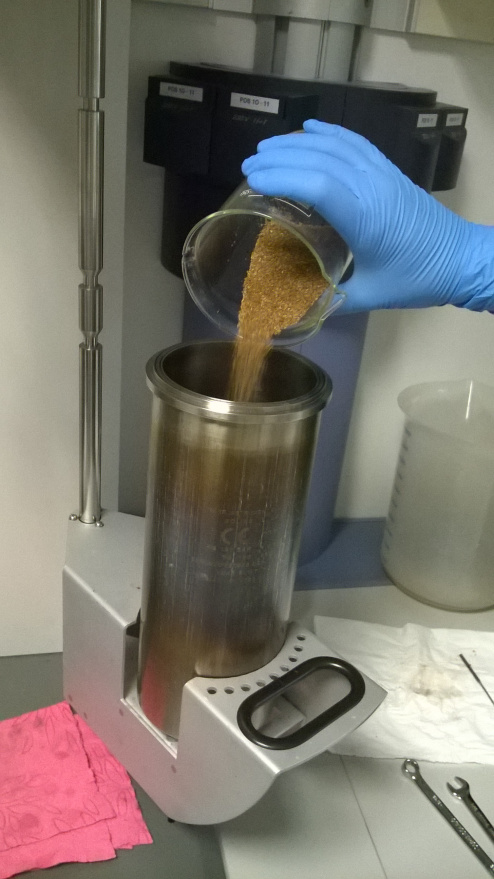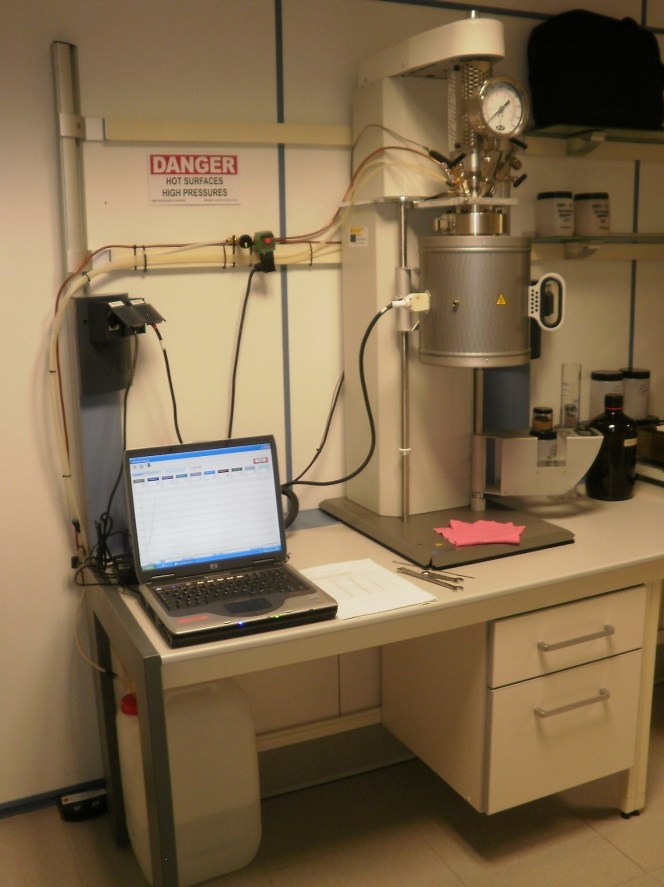
The selected agro-food wastes (potato peel, apple pomace, brewers’ spent grain and coffee silverskin) contain 8-21% cellulose, 7-19% hemicellulose and 19-33% lignin. In order to use these agro-food wastes as feedstocks for butanol biorefineries, simple sugars must be released from cellulose and hemicellulose. In the Waste2Fuels project, ITACyL has focused on physicochemical pretreatments to degrade these vegetal fibres.

By applying simple methods like autohydrolysis and surfactant-mediated treatments at relatively mild conditions, potato peel, apple pomace and coffee silverskin wastes were efficiently degraded and subjected to enzymatic hydrolysis which produced potentially fermentable broths containing 30-45 g/L sugars. However, brewers’ spent grain was more resistant to mild pretreatments and its degradation needed the presence of strong acids.
